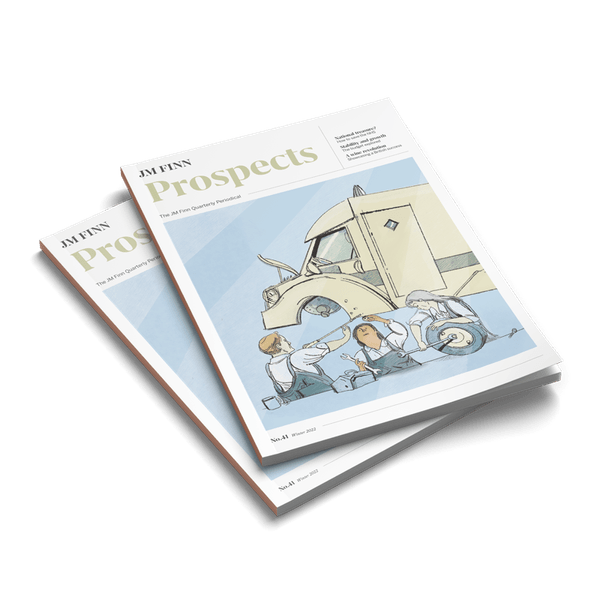The larder was, so to speak, bare. And so, under Chancellor George Osborne, a new era of austerity was introduced into a nation still reeling from the after effects of the most serious financial crisis any of us had ever experienced.
The banking crisis of 2007/08 was undoubtedly a seminal moment when it came to determining economic policy. The collapse of Northern Rock at the start of the mayhem that engulfed financial markets and the subsequent government rescues of such major institutions as the Royal Bank of Scotland undermined confidence in the financial system. The outgoing ripples saw many casualties, but it was the decision of the American authorities not to spring to the rescue of Lehman Brothers that finally set the tone for a number of difficult years.
The immediate response came from central banks and we all had to get used to a new phrase in monetary policy. Quantitative Easing (QE) became the watchword as the Fed and the Bank of England, not to mention many other august financial institutions, poured money into the financial system to shore up those concerns that had been damaged by the various catastrophes that had changed the face of our world. QE appeared to work, though many, including me, thought it contained risks that would one day return to haunt us.
Put simply, QE involves printing money. It wasn’t so much putting cash directly into the pockets of consumers, as ensuring banks had sufficient capital to continue lending to business and financing the consumer in order to support the economy. On the face of it, it appeared to work. The big risk with printing money is that inflation is a likely by-product. But on this occasion it didn’t happen, so a lengthy period of low interest rates arrived. A decade after the exercise had been kicked into gear, governments felt able to return to a more normal, less austere, approach to managing the economy. Until, that is, the Covid-19 pandemic struck.
This introduced another major shock to the world economy and resulted in a swift and sharp downturn in economic activity. It also created supply chain disruption which continues today. This in turn caused inflation to tick up, though it has been the war in Ukraine which has produced the greatest impetus in forcing the cost of living higher. Meanwhile, China is still suffering the consequences of the Covid-19 pandemic, which is slowing growth in the world’s second largest economy and is hardly likely to lead to improvement in the delivery of much needed components.
So, here we are in a world where wage rises are lagging the rise in the cost of living significantly, industrial action is growing as a consequence, economic activity is stalling and the ruling Conservative Party are in clear disarray, with three Prime Ministers in unprecedented short order. Moreover, there remain labour shortages in many industries, despite immigration running at record levels. And do not forget the record levels of government debt as a result of measures taken to shore up the economy and to protect consumers from the rapid rise in the price of energy.
The days of low tax and small government may be behind us.
All this is taking place when interest rates are starting to return to what many would consider are historically more normal levels. This is hardly helpful to the government as it will push up the cost of servicing the increased levels of debt that have been built up through the various crises we have faced recently. Little wonder, then, that the new incumbent of Number 11 Downing Street and his next door neighbour have introduced budget measures that would not have looked out of place under a Labour administration.
Conservatives have traditionally presented themselves as a business-friendly, low tax, small government party. Yet the role of the government in our economy has been increasing steadily in recent years, admittedly as a consequence of having to deal with a series of unprecedented economic shocks. Aside from the support that the government has had to provide in recent years - and which seems likely to have to continue - the burden of dealing with an ageing population that will require increasing levels of medical and social care seems set to ensure that the days of low tax and small government may be behind us.
Perhaps the way in which we will need to judge the performance of our political masters in future will be in how successful they are in stimulating economic growth. We now know that markets can act as a restraining influence on governments that seek to use less conventional methods to kick start the economy. I rather think that it will become increasingly difficult to separate the two main parties through their tax and spend policies. Welcome to the new Socialist Britain.
Illustration by Adam Mallett



